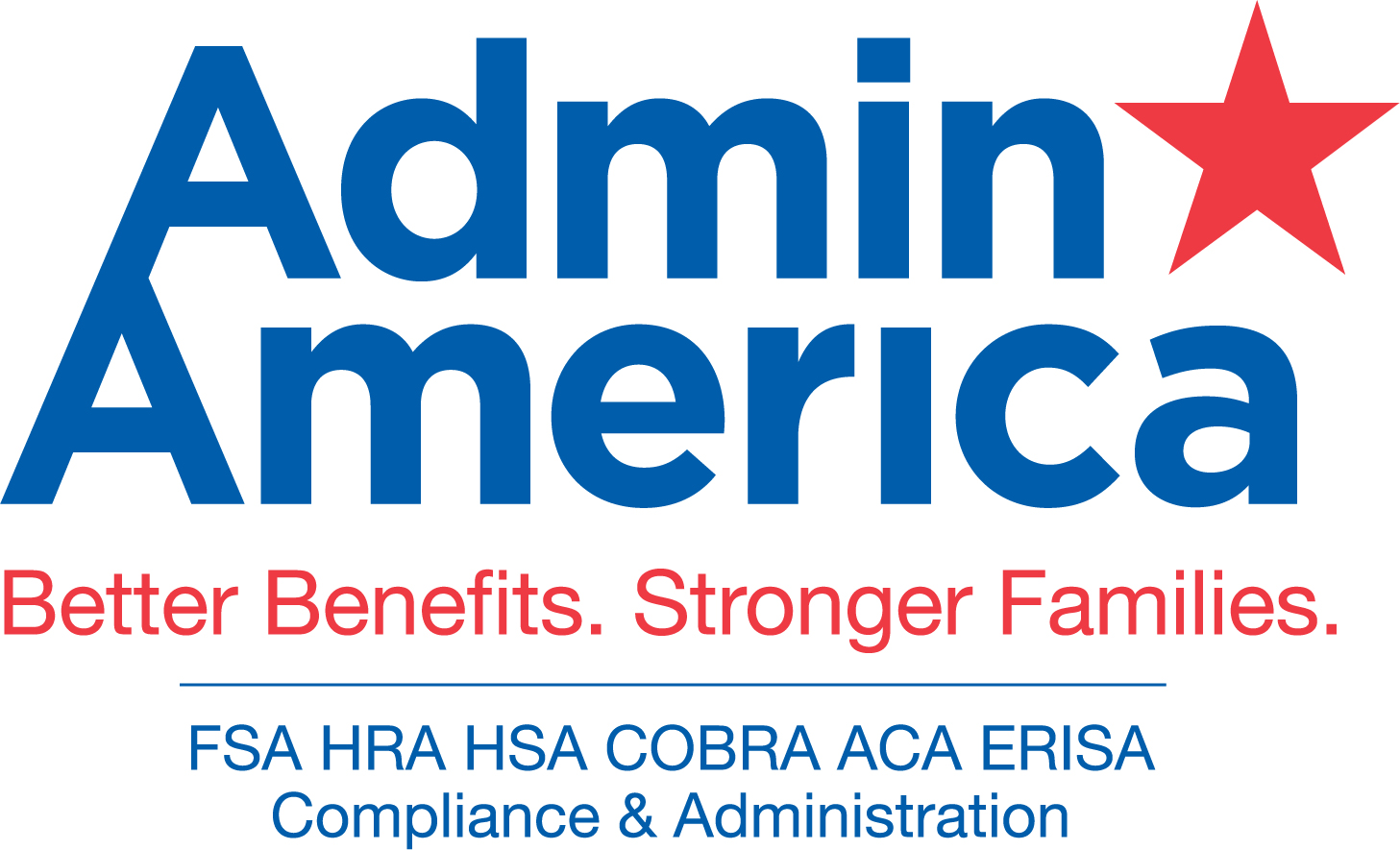Access Full Open Enrollment FAQ for Employers and Brokers
Plan Setup & Design
What is the difference between grace, rollover, and filing period?
- The Grace Extension period allows up to 75 days after the plan year ends to incur expenses to spend down prior year funds.
- Starting 2020, the FSA Rollover allows for participants to roll over up to 20% (dependent on plan parameters) of any remaining funds at the end of the plan year into the next plan year. The rollover funds become part of their new plan year election. Participants do not necessarily have to elect for the new plan year to access rollover funds, providing they are still eligible for FSA benefits.
- The Filing Period is the timeframe after the plan year ends that allows participants to file any claims against the prior plan year for services incurred within that plan year.
Can a FSA plan have both rollover and a grace extension?
- No, the Medical FSA or Limited Purpose FSA cannot have both a rollover and a Grace Extension applied. However, a filing period is typically applied in addition to a rollover or grace extension.
Which plans can allow a grace extension?
- Grace Extensions can be applied to Medical FSA, Limited Purpose FSAs and Dependent Care FSA plans.
Which plans can rollover apply to?
- Rollover can be applied to Medical and Limited Purpose FSA plans.
- Dependent Care FSA plans are not eligible for rollover.
- Transportation plan balances will rollover month-to-month so long as the participant is an active employee.
